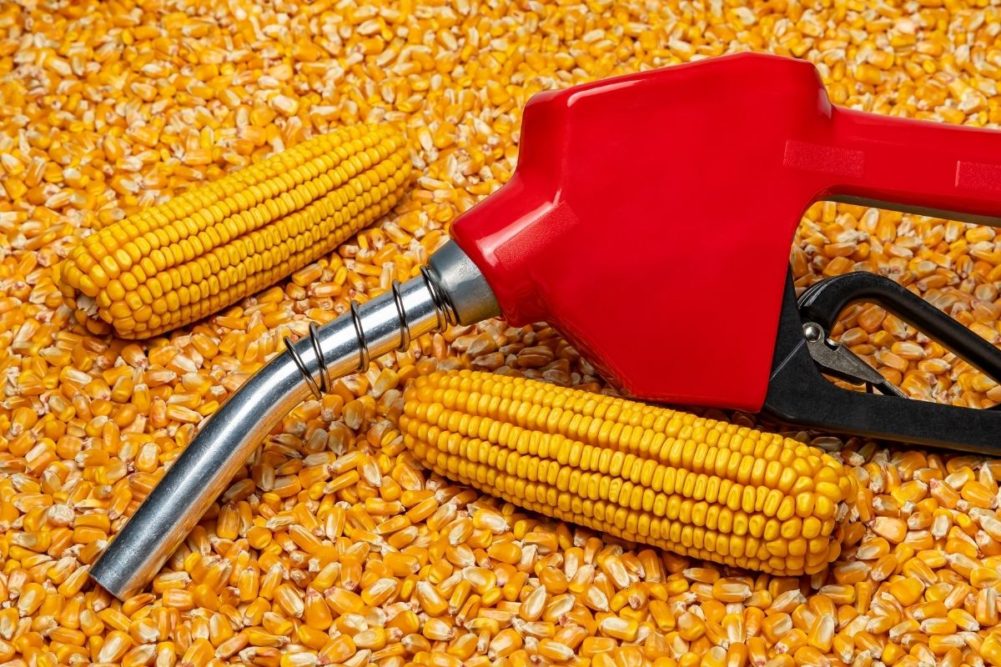KANSAS CITY, MISSOURI, US – Corn-based ethanol often is viewed through an extreme lens as either an environmentally friendly alternative to fossil fuels or more carbon-intensive than gasoline and a threat to the environment. The conclusion reached usually depends on which special interest group commissioned the study.
Besides the environmental concerns expressed by some, the corn ethanol industry also battles a long-held view that the fuel additive is diverting a valuable food and feed grain to an industrial use in a world that is seeing food insecurity rise to unprecedented levels.
Despite having its share of detractors, the corn ethanol industry has continued to increase output in recent years thanks to government mandates and a growing global population, which means more vehicles on the road burning gasoline/ethanol.
 Arvin Donley
Arvin DonleyA potential game changer in this equation — one that ultimately will impact the corn ethanol industry — is the development of battery-operated electric vehicles. Some governments such as the European Union and the state of California are aggressively seeking to ban gasoline-fueled vehicles by 2035. If they succeed in their bid to decarbonize the transportation sector and significantly reduce the use of non-renewable fossil fuels, the result will be markedly lower demand for corn-based ethanol.
The US Energy Information Administration (EIA) projects the share of new US vehicle sales captured by battery electric and hydroelectric vehicles will grow from 8% in 2021 to 21% in 2050. The study found that US gasoline use is expected to decline by 4.5% between 2023 and 2037.
“By 2037, gasoline use will be lower than 2021 levels despite population growth that increases the demand for transportation,” the report said. “Only after 2037 is US gasoline expected to grow as population increases offset the declines in per-capita gasoline use.”
A recent University of Illinois study found that US ethanol production likely will decline between now and 2050 as more Americans purchase electric vehicles, resulting in a decrease in gasoline use and a potential decline in corn prices. The researchers noted that the price forecast assumes corn production and other uses continue current trends and does not account for the potential development of new uses for corn that could offset the price decrease. It also doesn’t factor in that if ethanol usage decreases in the United States and Western Europe, demand could rise in foreign markets, especially Asia.
Electric vehicles aren’t a perfect solution. Electric car batteries make EVs more carbon-intensive to manufacture than gas-powered vehicles, although obviously they emit far less carbon than gasoline vehicles when operating. There are also legitimate questions about how practical electric vehicles are for long trips due to the frequent battery charging that is needed and whether an already strained power grid could handle 25% or more of the nation’s vehicles having to be constantly charged. Also, there are questions about how to dispose of millions of car batteries in an environmentally safe manner.
When the dust settles on this battle for market share in the coming years, one can envision more EVs on the road, particularly in developed countries, but due to logistics constraints there likely will be a ceiling on that growth. Thus, it won’t be surprising if corn ethanol remains a significant player in the transportation sector over the next 30 years.
Arvin Donley is editor of World Grain.




